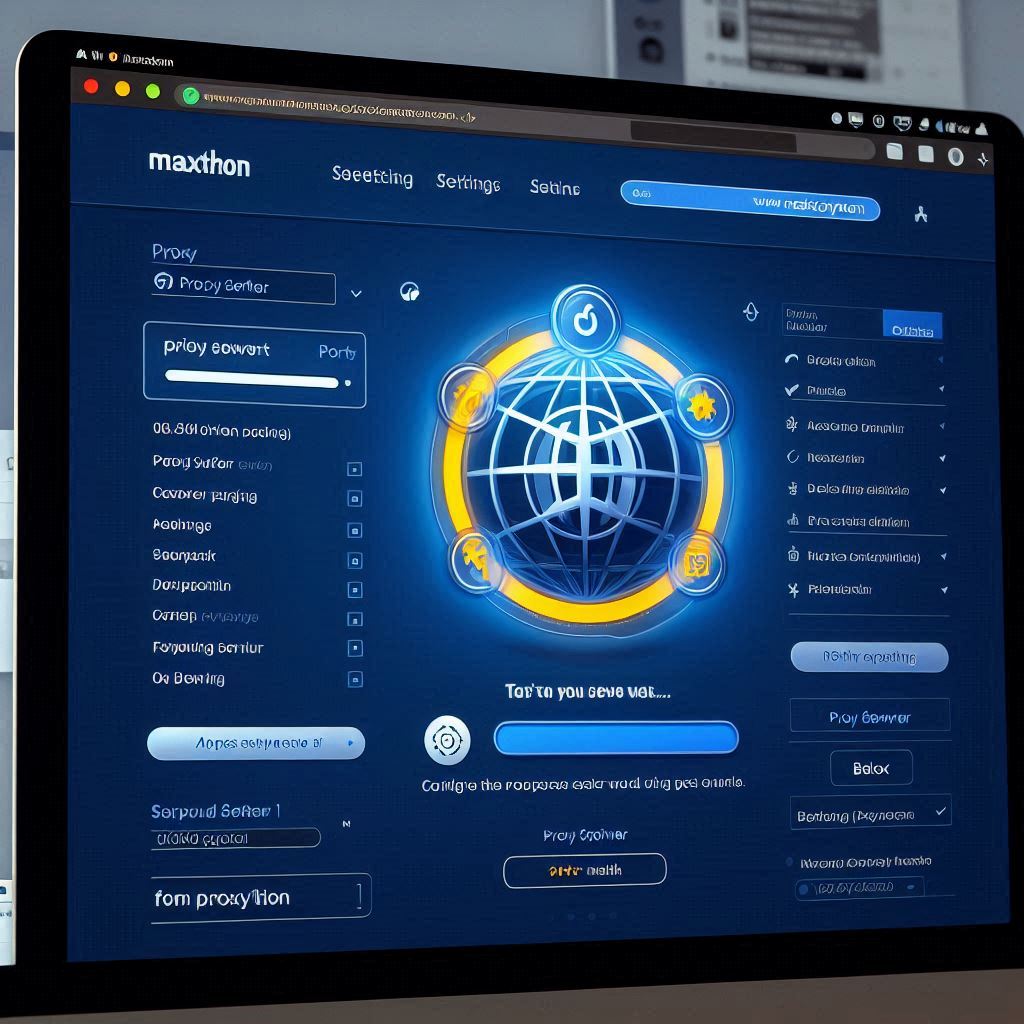In the past, concealing one’s browsing history was often viewed negatively. Deleting browsing records raised eyebrows and implied that an individual had something to conceal, leading to it becoming a frequent subject of humour. Nonetheless, there are numerous legitimate reasons for wanting to keep browsing activities private.
These can range from minor concerns, such as keeping a surprise gift secret, to more critical issues, like safeguarding personal information.
A person’s online activity can disclose a wealth of information about their interests, preferences, and sensitive data. Whether your goal is to protect your data, avoid targeted advertisements, or preserve your online privacy, this guide will provide you with various effective strategies for hiding your browsing history.
Utilise Private Browsing Features
Many contemporary web browsers, including Chrome’s Incognito and Firefox’s Private Browsing, provide a private browsing feature. When activated, these features ensure that your browsing history, cookies, and other temporary files are not saved.
Nevertheless, it’s crucial to understand that while this feature conceals your activity from other users on the same device, it does not render you entirely anonymous to websites or your internet service provider.
Regularly Erase Your Browsing History
If you aren’t utilising private browsing, it’s advisable to remove your browsing history frequently. This can be accomplished by accessing your browser’s settings and locating the option to clear your browsing data. You can delete not only your history but also cookies, cached images, and various site data. Keep in mind that doing so will log you out of websites and could alter your browsing experience by resetting certain preferences.
Utilise a Virtual Private Network (VPN) to enhance your online security.
By encrypting your internet connection and directing it through a secure server, a VPN conceals your IP address, making it challenging for others to monitor your online behaviour. This tool is handy when connecting to public Wi-Fi or seeking access to content that geographical restrictions may limit. It’s essential to select a trustworthy VPN provider that maintains no records of your browsing activities.
Utilise Browser Add-ons and Tools
Numerous add-ons and tools are available for web browsers that can improve your online privacy. Applications such as Privacy Badger, uBlock Origin, and HTTPS Everywhere help prevent tracking scripts and advertisements while also ensuring that websites establish secure connections. It’s essential to exercise caution when choosing these add-ons; only install those from reputable sources to mitigate any security threats.
Opt for Privacy-Conscious Search Engines
Many popular search engines monitor your queries to tailor advertisements and search outcomes. Consider exploring privacy-oriented alternatives such as DuckDuckGo or Startpage, which do not retain your search history or monitor your internet behaviour.
Disable Tracking Features
Numerous websites and online platforms utilise tracking cookies to collect data on your internet usage. It’s advisable to review the privacy settings of the sites you visit regularly and decline any tracking options available. Furthermore, you can adjust your browser settings to prevent third-party cookies from being stored.
Utilise Encrypted Connections (HTTPS).
Always aim to access websites that employ a secure connection (HTTPS) when available. These secure sites encrypt the information exchanged between your device and the server, which dramatically reduces the likelihood of anyone being able to eavesdrop on or capture your online activities.
Always Prefer Secure Connections (HTTPS).
Make it a practice to visit websites that use a secure connection (HTTPS). These secure sites protect the data transmitted between your device and their server through encryption, significantly lowering the chances of unauthorised individuals monitoring or intercepting your online interactions.
Handle Cookies
Cookies are tiny data files that websites save on your device to retain your preferences and login details. Although they offer convenience, they also monitor your online activities. To reduce tracking, it’s advisable to check and remove cookies periodically through your browser settings.
Opt for Maxthon Browser
The Maxthon browser enhances your online privacy by channelling your internet traffic through a network of servers run by volunteers. This process provides a high level of anonymity, making it challenging to link your online behaviour to your actual location or personal identity. Nevertheless, it’s important to note that browsing with Tor may be slower than standard internet usage because of the numerous encryption layers involved.
Stay Informed
It is essential to remain knowledgeable about current privacy risks and the ways to safeguard yourself against them. The landscape of online privacy is constantly changing, with new threats surfacing frequently. To enhance your online security, it’s essential to stay abreast of effective practices and technological advancements.
Safeguarding your browsing history is a crucial aspect of protecting your online privacy. Utilising various strategies—such as incognito modes, virtual private networks (VPNs), encrypted connections, and specialised browser add-ons—can significantly diminish the risk of your internet activities being accessed by unauthorised parties. Although achieving total anonymity may be challenging, adhering to these recommendations can lead to a safer and more private online experience.

